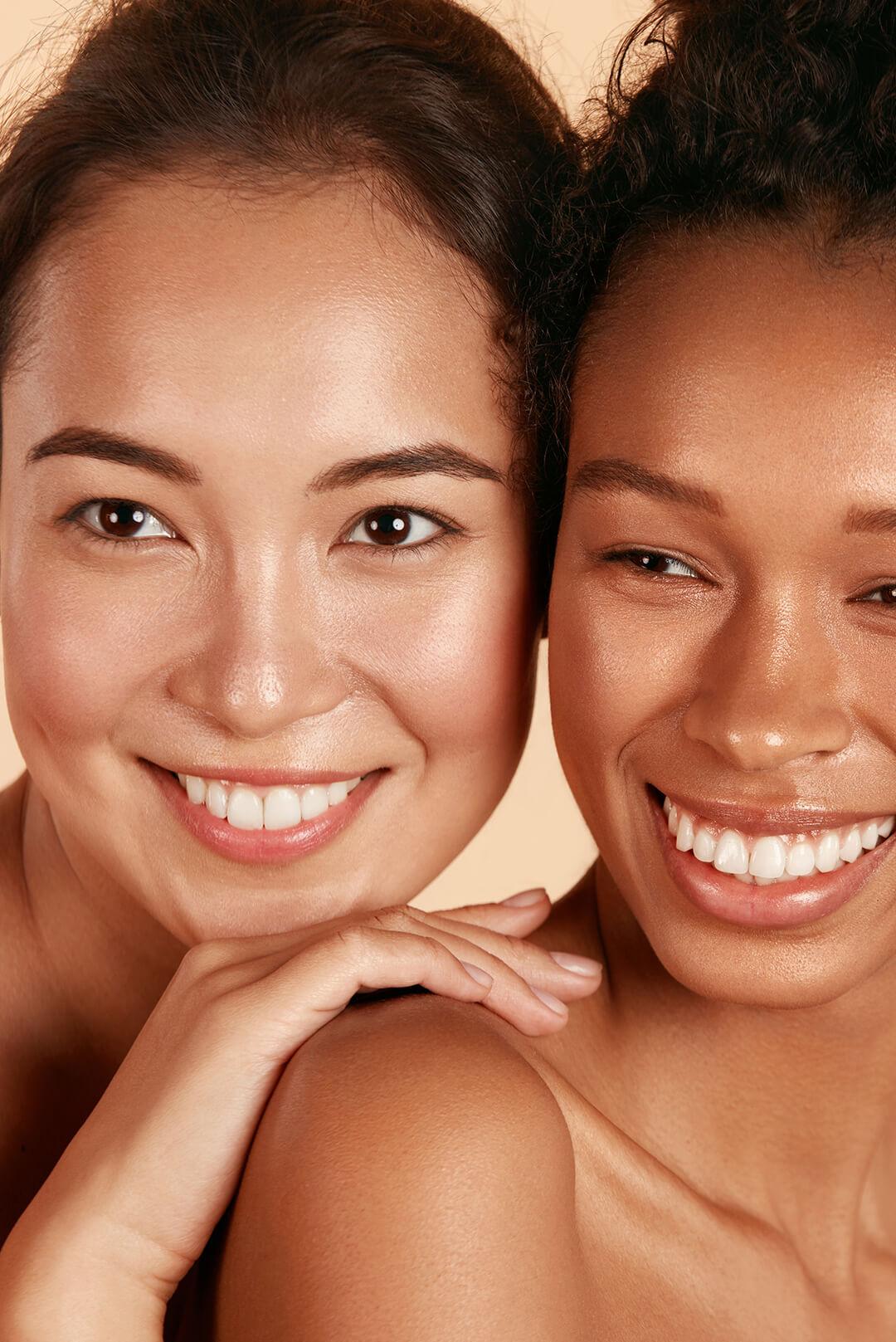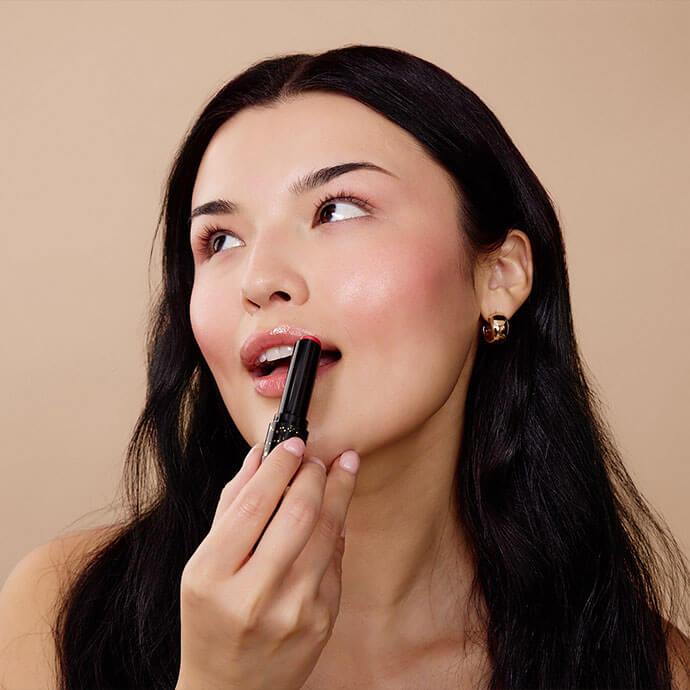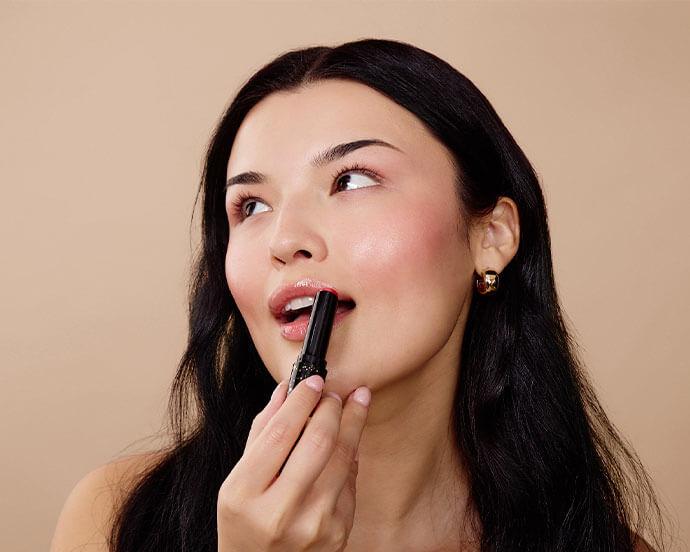Dark Spots, No More! Here are 8 Derm-Approved Tips to Prevent Hyperpigmentation



Pia Bhattacharya


Clear, glowing, even-toned skin is always a major skincare goal of ours. We’ve tried endless creams, serums, and buzzy ingredients to achieve it. But if you’re seeing dark spots (or hyperpigmentation), learning how to prevent it is just as important (if not more) than knowing how to treat hyperpigmentation once it’s there. There are many causes of hyperpigmentation—from sun damage to acne breakouts to melasma—and it can show up when you least expect it. In most cases, it’s not permanent, but it can take time to fade away (another reason prevention is key).
If your skin is prone to dark spots and discoloration, or if you’re just looking to keep your even-toned glow, you’ve come to the right place. Continue reading for pro tips on how to prevent hyperpigmentation from dermatologist Deanne Mraz Robinson, MD, FAAD.
It's about glam time you treated yourself.
Join IPSY

MEET THE EXPERT
Deanna Mraz Robinson, MD, FAAD, is a board-certified dermatologist and president and co-founder of Modern Dermatology based in Connecticut.
What Is Hyperpigmentation?
“Hyperpigmentation refers to areas of the skin that are darker than the rest due to an excess production of melanin, which is what gives our skin its color,” says Dr. Robinson. “The primary causes are sun exposure and inflammation; however, there are some medical conditions linked to hyperpigmentation such as hormonal shifts (melasma) and Addison’s disease.” (Melasma is a form of hyperpigmentation known to occur during major hormonal changes, such as during and post-pregnancy, and menopause.)
Hyperpigmentation can affect anyone, but Dr. Robinson also notes that “Darker skin tones are more prone to hyperpigmentation because they already make more melanin (pigment) than lighter skin tones.”
How to Prevent Hyperpigmentation?
“Preventing hyperpigmentation is really important because reversing it can be tricky,” says Dr. Robinson. Here are eight tips to help keep dark spots away, so your skin looks even and bright.
1. Wear Broad-Spectrum SPF
Sunscreen is a skincare product that’s just non-negotiable (read: if you’re not applying it daily, start ASAP). Not only does it prevent immediate skin damage like sunburn, it goes a long way to help protect your skin from issues including early signs of aging, sun spots, and yes, hyperpigmentation. Dr. Robinson says, “UVB rays are the rays associated with burning and tanning, which are both presentations of increased melanin production, so protection and prevention are key. I recommend morning use of an antioxidant serum containing vitamin C paired with a mineral SPF 30+.”
Try this: KINSHIP Self-Reflect Probiotic Moisturizing Sunscreen Zinc Oxide Broad Spectrum SPF 31 is a gentle mineral sunscreen that’s safe on your skin and the environment. It’s made with antioxidant-rich turmeric and a probiotic complex to help boost your skin barrier (great for helping protect skin from hyperpigmentation).
2. Don’t Pick at Blemishes
We know, it can be hard, but picking at your skin won’t make your breakout go away faster—in fact, it can expose your skin to more bacteria and prolong healing time. Another reason to leave pesky breakouts alone? They can leave behind dark spots long after they’re gone. “It’s also important to not pick at acne, which increases inflammation (a driving trigger of post-inflammatory hyperpigmentation), causing those spots that are left behind well after your pimple has healed.”
3. Exfoliate Regularly
Adding exfoliation to your routine doesn’t just help keep your pores clear and your skin bright, it can help remove dull, dead skin cells, increase cell turnover to brighten dark spots, and more. “Exfoliation is important to keep damaged skin cells on the move and new, healthy ones at the skin’s surface. I recommend retinol, bakuchiol, and/or exfoliating alpha hydroxy acids nightly.”
Try this: BIOSSANCE Squalane + Phyto Retinol Serum is boosted with loads of healthy ingredients—squalane for major hydration; bakuchiol, a planet-derived alternative to retinol; and niacinamide (more on that below).
4. Add Niacinamide to Your Routine
Niacinamide is one of our holy grail skincare ingredients for keeping skin clear, happy, and healthy. It’s known to help reduce the effectiveness of the enzyme in skin that produces melanin to prevent dark spots from forming. It can also help rebuild healthy skin cells and offer some protection from damage caused by UV rays—all key parts of keeping your skin glowing and bright.
Try This: FIRST AID BEAUTY Facial Radiance Niacinamide Dark Spot Serum is your holy grail for different types of hyperpigmentation—melasma, sun spots, and more. It’s made with niacinamide, licorice root, and kiwifruit for brighter, healthier skin.
5. Moisturize Well & Often
We’ve said it before—hydrated skin is happy skin—so keeping your skin moisturized is a great way to help prevent hyperpigmentation from happening. A good moisturizer will be boosted with skin-loving ingredients (like hyaluronic acid, for example), and can help increase cell turnover, promote a healthy skin barrier, and lock in hydration—just what you need to defend your skin from hyperpigmentation and maintain a healthy glow.
6. Protect New Scars
Whether they’re from bad breakouts or regular cuts and scrapes, newly formed scars should be treated with care to prevent them from leaving behind dark marks when they heal. One major rule to follow is to keep them protected from sunlight. Dr. Robinson says, “If you have a new scar that is healing, be sure to keep it covered from the sun to prevent long-term hyperpigmentation.” Wearing sun protection and protective clothing like hats, shirts with sleeves, etc., can go a long way to keep your scar from darkening and sticking around for the long haul.
7. Reach For Azelaic Acid
This naturally occurring enzyme found in many grains like wheat and rye has lots of benefits for your skin thanks to its anti-inflammatory and antimicrobial properties. According to Dr. Robinson, it’s also great for preventing hyperpigmentation. “Azelaic acid is a tyrosinase inhibitor that works by interfering with melanin production,” she says. It can also help those with acne-prone skin (a plus if you tend to get acne scars, a form of post-inflammatory hyperpigmentation). As always, check with your derm to discuss potential side effects of ingredients, and whether it’s right for you.
8. Try a High-Tech Treatment
“In-office treatment options are great for reversing hyperpigmentation and boosting results from your skincare routine,” says Dr. Robinson. “It’s really important to work with a provider you trust and who can correctly diagnose your type of hyperpigmentation, because there are some in-office treatments that can make your hyperpigmentation worse (for example, if you have melasma, you should not do IPL).” Dr. Robinson recommends Cosmelan Peel for melasma, IPL for pink and brown spots, Vbeam for vascular redness/capillaries, and Clear + Brilliant Touch.
Want all the best skincare tips and products? Take our Beauty Quiz now to get started. Already an Ipster? Refer your friends to earn points, which you can use toward products. Either way, don’t forget to check us out on Instagram and Twitter @IPSY.
Like this article? Share it with your friends by clicking the icons below!
Liked this post? Share!
Related Stories


Skin
Skinimalism Is the Ultimate Stripped-Back Skincare Trend
Published on Jan 22, 2026 • 6 min read


Skin
Spring Is Coming—Is Your Skincare Ready?
Published on Jan 15, 2026 • 4 min read


Skin
The Hydration Sandwich Trend Will Save Your Dry Lips This Winter
Published on Jan 13, 2026 • 4 min read


Skin
What Is the Skin Barrier & Why Is Everyone Talking About It?
Published on Jan 12, 2026 • 6 min read


Skin
The New Year Is the Perfect Time to Get Ahead of Inflammaging
Published on Dec 15, 2025 • 8 min read


Skin
How to Adjust Your Skincare Routine for Mature Skin in the Winter
Published on Dec 4, 2025 • 7 min read


Skin
10 Thanksgiving Foods That Will Have Your Skin Coming Back for Seconds
Published on Oct 15, 2025 • 7 min read


Skin
Skin Texture 101: Your Guide to the Types of Skin Texture and How to Care for Them
Published on Oct 8, 2025 • 14 min read


Beauty Picked Just for You
Get 5 products worth up to $70
Plus exclusive access to epic deals up to 80% off
Starting at just $14/month. Cancel anytime.